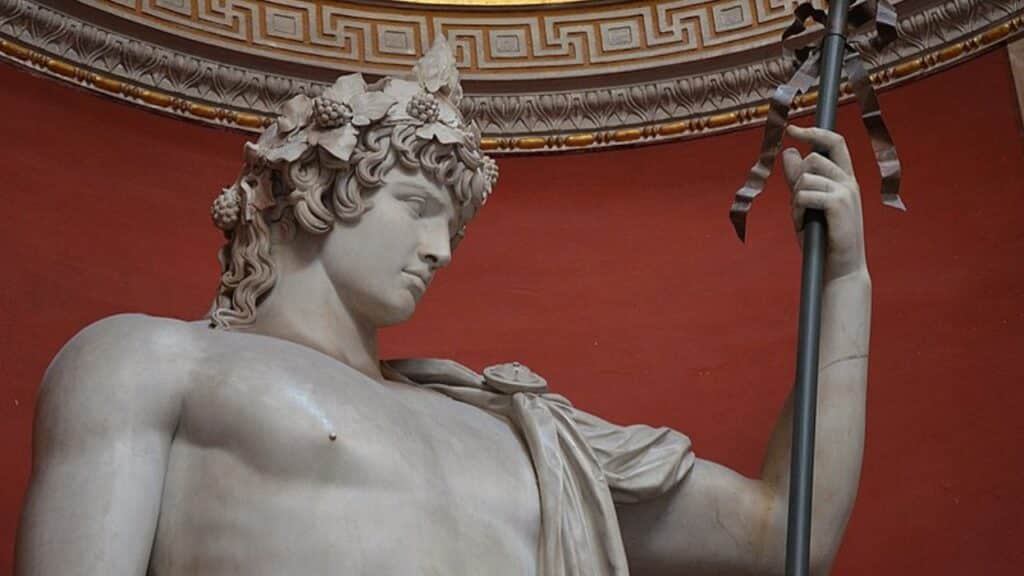

The way ancient Greeks chose their names is a fascinating story that reveals a lot about their ideals, beliefs and familial relationships that have changed but are still relevant in contemporary Greek culture.
Names were more than just labels used to distinguish people in ancient Greece; they had deep cultural and individual significance and were intensely personal.
A given name, a patronymic (which means the father’s name) and occasionally a demotic or ethnic indicator that was based on the person’s city or region of origin, were the three main components of the naming process in ancient Greece.
Historical documents such as the extensive work of Homer as well as Mycenaean writings clearly demonstrate this system and are archaeological evidence of this.
In ancient Greece, it was common practice to choose personal names that reflected a quality or an attribute that parents wanted to offer to their children.
Compound names were very common and popular as well, fusing words that expressed virtues like beauty or bravery.
Names like ”Nikomachos,” which means victorious in war, for example, emphasized what parents wanted for their kids. The name Nikomachos is a fusion of the words nike and machi, which mean victory and battle respectively.
A very similar etymological root can be found on the name Nicholas, or Nikolaos, as its original Greek version is.
The name Nicholas comes from the Greek words nike and laos, which means victory of the people.
Another important factor that people in ancient Greece had to take into account when choosing a name was their need to honor their gods and demonstrate their religious devotion to mortals and immortals alike.
This is why many names were also theophoric, combining the names of gods. This important tradition is demonstrated by names such as Dionysios, which is derived directly from the god Dionysus.
Naming traditions often reflected reverence for the gods without directly using their names. Worshipers of a particular deity would adapt the god’s name to honor them subtly, as giving a mortal the exact name of a god was considered inappropriate.
For example, a follower of Apollo might name a son “Apollonius” or a daughter “Apollonia”—names meaning “of Apollo” or “related to Apollo”—echoing the god’s influence without presumption.
Similarly, devotees of Hephaestus would name a son “Hephaestion” instead of using the god’s own name. This tradition allowed families to show devotion to the gods while respecting the divine nature of their names.
One of the main characteristics of the way people in ancient Greece chose their names was the patronymic system, in which the father’s name was added in the genitive case to the child’s name. This showed clearly whose child that individual was and has managed to find its way to modern Greece too.
For example, the name Alexandros Philippou, shows that the man named Alexander was the son of Philip.
This custom was not only desired but also essential for identifying people in groups where given names were widely used and many people could share the same given name.
Additionally, when people left their hometowns and travelled, they wanted to specify their origin. This is why they also used demotics, which were names that specified their place of origin.
Demotics were mostly utilized when people travelled outside of their hometowns and were very important as they revealed their class, group or place of origin.
Understandably, the way ancient Greeks chose their names changed as time went by.
Greeks who became citizens in the Roman Empire, following Greece’s conquest by the Romans, used Roman names as part of the new naming conventions brought about by the new rulers.
Another crucial cultural and religious factor that significantly influenced how people in Greece chose their names was the rise of Christianity.
This new religion and the reduction in significance of ancient Greek gods led to the prevalence of biblical names as well as those of martyrs and saints.
This change initiated a slow transition from names with only ancient Greek origins to ones with Christian roots.
Some customs and traditions, however, persisted despite these changes.
For example, to maintain family continuity throughout generations, it is still very common in modern Greece to name children after their grandparents, something similar to how ancient Greeks gave their babies a patronymic.
Furthermore, a large number of ancient Greek names have survived into the modern day, either directly or through modifications brought about by centuries of cross-cultural interactions.
This is why many Greeks bear ancient Greek names whilst others Christian ones.
Additionally, as many people throughout the centuries bearing ancient Greek names became saints of the Christian Church, these names were adopted by the Christian Church too and became part of the Christian tradition.
All things considered, the way people in ancient Greece chose their names gives a clear picture of their customs and traditions and speaks volumes about the things they wanted to place emphasis on.
